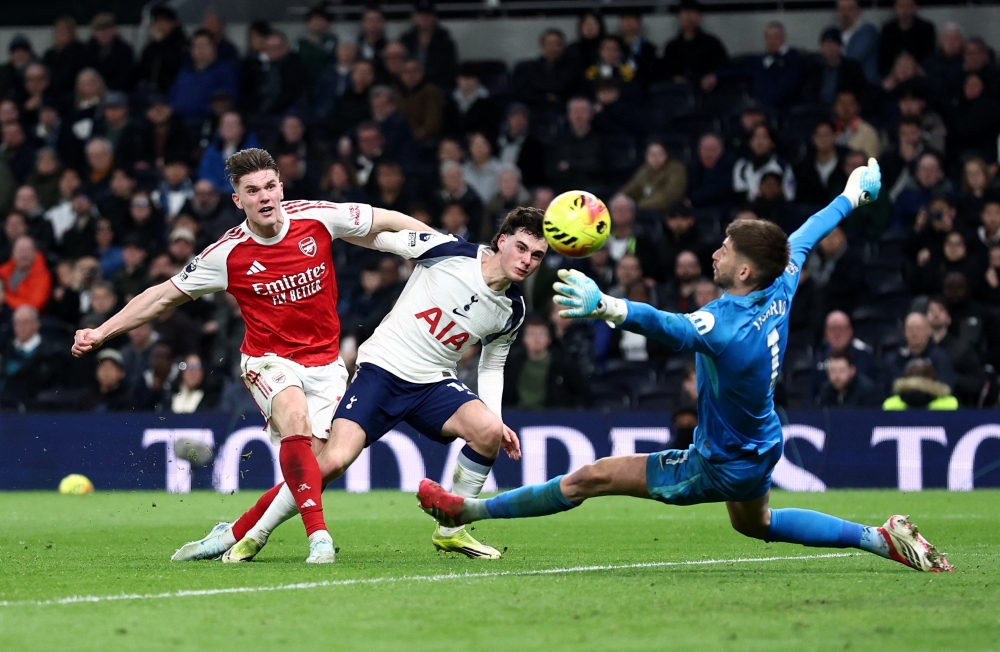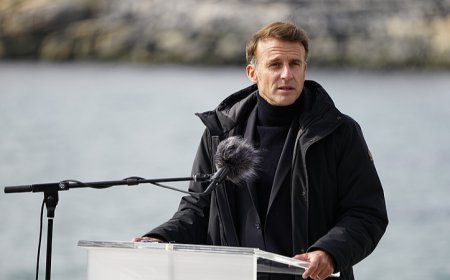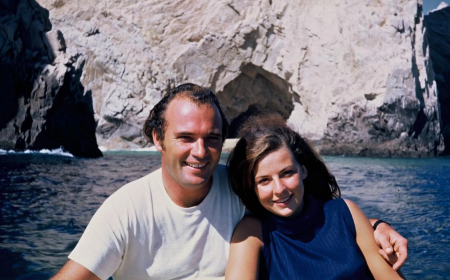The headwinds Starmer and Reeves should worry about are the ones likely to have blown them both away by this time next year

Keir Starmer left the Labour conference in Liverpool this week in better shape than he arrived. But his troubles are far from over. When it comes to the economy, they’ve really only just begun.
At least would-be coup leader, Manchester Mayor Andy Burnham, turned out to be more Grand Old Duke of York than self-styled King of the North on a mission to topple his leader.
He marched his rebels to the top of the hill then promptly marched them down again, without laying a finger on the Prime Minister. He even skulked off home before Starmer’s keynote address to the party faithful. As insurgencies go it was an amateur-hour farce.
Starmer also shored up his leadership by donning the mantle of national saviour whose defining mission was now to save the country from the depredations of Nigel Farage’s Reform party. This, he asserted, was nothing less than ‘a fight for the soul of our country’.
The Labour faithful certainly lapped it up and I suppose it does give him a purpose as Prime Minister, something of which he’s hitherto been so clearly bereft. But I’m not sure it resonates much beyond the Labour conference hall. If we really are in a fight for the country’s soul, I suspect nobody outside Labour would choose a soulless technocrat and the most unpopular Prime Minister since polling records began to lead it.
Indeed, there are plenty inside the Labour Party who have their doubts too. As they left Liverpool, the predominant mood, private for now, among Labour ministers and MPs was not if Starmer should go but when — and who should replace him now Burnham had fallen by the wayside.
This sentiment can only harden in the months ahead. Even before the standing ovations and adoring applause (much of it fake) of conference had fully faded Starmer was back in the grim reality of modern Britain.
Sir Keir Starmer and Chancellor Rachel Reeves at the Labour Party conference in Liverpool
Manchester Mayor Andy Burnham turned out to be more Grand Old Duke of York than self-styled King of the North on a mission to topple his leader, writes Andrew Neil
Not just the terrible Islamist terrorist attack on a Manchester synagogue in the immediate aftermath of the conference but the real threat to his political survival: the miserable state of the economy.
Even as Labour activists were packing their bags to depart Liverpool on Wednesday, the Institute of Directors’ latest business confidence index showed it plummeting to its lowest level on record — lower even than during the pandemic — with 80 per cent of respondents ‘quite’ or ‘very’ pessimistic about the next 12 months. A slew of business confidence surveys in recent months have been similarly dismal.
As a result, business investment, which showed signs of life in the first half of the year, is being paused until companies have a better idea of the lie of the land. Hiring is also on hold: businesses are leaving vacancies empty until they see what the Government has in store come next month’s Budget. Employment levels in manufacturing and services have fallen for the 12th month in a row.
The Budget itself has become a significant generator of uncertainty, not helped by the fact it’s being held so late in the year – November 26.
The air has been thick since early summer with all manner of Left-wing schemes to raise taxes on wealth, homes, pensions and incomes. So companies and households are in wait-and-see mode. It’s hard to blame them. They remember the damage Chancellor Rachel Reeves did to the economy with her first Budget. They have every reason to fear a repeat performance.
By allowing so many kites to fly about what might be in store, the Government has added to the apprehension and the sense that stasis, at least for now, is the sensible option.
So the housing market is paralysed while builders and buyers wait to see what might happen to property taxes such as stamp duty and council tax. Rather than saving, people are rushing to take tax-free lump sums out of their pensions, lest the Chancellor mounts a punitive raid on the tax treatment of pensions.
Those on modest incomes are tightening their belts in case the Government again breaks its election promises by increasing income tax or VAT. The mobile wealthy are already heading for friendlier tax climes. Business looks on askance. It was the fall guy first time round. As the Government trims towards Labour’s soft Left, it fears it will be again.
Companies and households are waiting to see if Reeves will repeat the damage done in her first Budget
Overshadowing all this is the state of the public finances which Bloomberg, the worldwide financial news service, this week described as ‘in danger of breaking down’ — only days after Goldman Sachs, a global investment bank, highlighted the fact that Britain was paying more to borrow than any other major market economy — a clear measure of the lack of international confidence in our Government.
Since Labour was elected last July and Reeves came out with her spending splurge and borrowing binge last October, the Government’s cost of borrowing to finance its deficits has risen steadily – and is now the highest of any major market economy.
UK ten-year bonds now pay almost a full 1 per cent more interest than Italy’s, even though the Italian deficit as a share of GDP is over a third bigger than ours. We pay over 0.5 per cent more than France, which has an even bigger deficit than ours, no government, no agreed budget and a gridlocked parliament.
The debt markets are penalising us because they see the way the wind is blowing. Starmer and Reeves have given up trying to curb public spending. Welfare spending, above all, will continue to boom.
For all the stern words from Prime Minister and Chancellor in Liverpool about fiscal prudence, they’ve already shown themselves to be a soft touch when the soft Left demands even more borrowing and spending.
Hence the widespread expectation at conference that they will cave in to the demand to remove the two-child benefit cap (cost: £3 billion a year) and continue to dole out inflation-busting pay awards to the public sector unions which bankroll the party.
Labour’s default position is still to spend money it doesn’t have. Its ignorance of financial markets, even though it increasingly depends on them, makes it blind to how close we are to a bond strike, in which the debt markets refuse to buy any more of our debt – or agree to do so only if paid penal rates of return, which, with £1 in every £10 of state spending already going to pay interest on the national debt, we could not afford.
Be in no doubt: a bond strike would be catastrophic for the country, the modern equivalent of being humiliatingly bailed out by the IMF in 1976.
Starmer and Reeves boasted in Liverpool about the UK being the fastest-growing economy in the G7. They will rue the day they said that. It’s a mirage. Look at the trajectory. We grew 0.7 per cent in the first quarter (thanks to the Budget boost to public spending, now petering out) but we were down to 0.3 per cent growth in the second quarter. All the signs are that stagnation – or close to it – beckons in the second half of the year.
Anaemic growth, the highest inflation of any big-market economy, the lowest business investment in the G7, the most expensive borrowing, taxes at record levels with more to come – that’s the reality that greeted Starmer and Reeves when they emerged from the Liverpool bubble.
At the conference, Reeves – in a speech suffused with tribal nonsense and bitter class warfare – spoke of the ‘harsh global headwinds’ she faced as Chancellor.
That’s Treasury-speak to soften us up for further tax rises and broken promises to come. In reality not much has changed in the global economy since Reeves’s first disastrous Budget a year ago, and almost everything that has gone wrong since then is of her own making.
The headwinds Starmer and Reeves should worry about are the ones likely to have blown them both away by this time next year.
[Source: Daily Mail]






















































